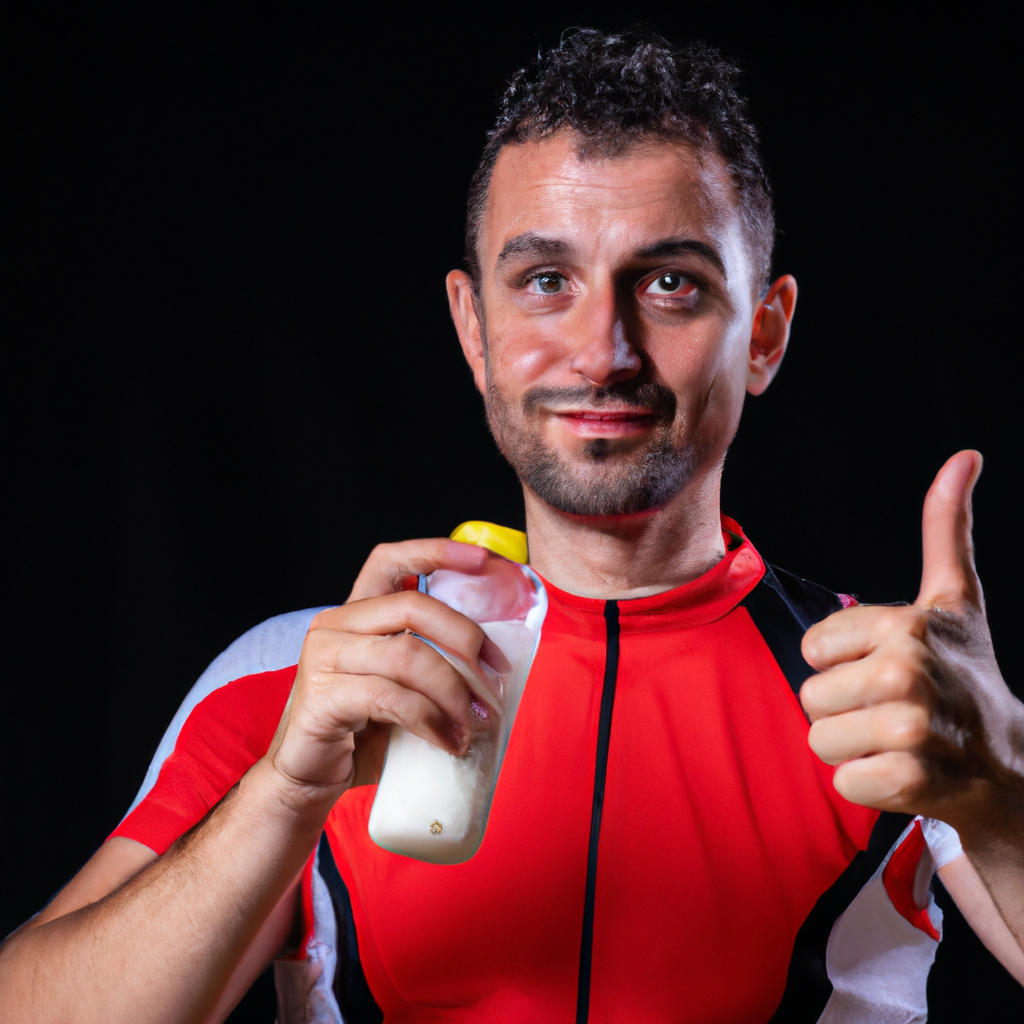Optimal Nutrition for Water Sports: A Guide to Improve Performance and Health

Nutrition plays a crucial role in athletic performance, and it is no exception for those who participate in water sports. The unique physical demands of activities such as sailing, rowing, surfing, and diving require a specialized approach to nutrition and hydration. This article will delve into nutrition for water sports athletes, highlighting the importance of a balanced and appropriate diet to enhance performance and endurance. In addition, we will provide practical dietary advice, discuss essential foods, and suggest a recommended diet plan for those who actively participate in water sports. Whether you are a professional water sports athlete or a hobbyist, the information provided here will help you navigate your way to better performance and overall well-being.
- 1. "The importance of nutrition in water sports"
- 2. "Nutritional tips to improve performance in water sports"
- 3. "Essential foods for water sports"
- 4. "Recommended diet plan for water sports enthusiasts"
1. "The importance of nutrition in water sports"
Nutrition is a crucial component in any athlete's athletic performance, but for water sports athletes, it takes on even greater importance. Water activities such as swimming, surfing, kayaking, and more require a high level of endurance, strength, and agility. Proper nutrition can help athletes maintain the energy needed for these strenuous activities, improve recovery after long hours in the water, and reduce the risk of injury. Additionally, hydration is especially vital in water sports due to exposure to the sun and salt water, which can lead to rapid dehydration. Therefore, a well-balanced diet rich in carbohydrates, protein, healthy fats, and water is critical for water sports athletes to optimize their performance and maintain their overall health.
2. "Nutritional tips to improve performance in water sports"
It is essential for water sports enthusiasts to eat a balanced diet, rich in protein, complex carbohydrates and healthy fats to maintain their energy and endurance during long periods of physical activity. Lean proteins such as chicken, fish and legumes are recommended to repair and build muscle tissue. Complex carbohydrates such as whole grains, quinoa and sweet potatoes provide long-lasting energy, while healthy fats (present in foods such as avocados, nuts and fatty fish) are essential for vitamin absorption and energy production. Water sports enthusiasts should also make sure to stay well hydrated, drinking water before, during and after physical activity to replace fluids lost through sweat. Eating fresh fruits and vegetables will provide the vitamins and minerals needed to optimise body function and athletic performance. In addition, it is advisable to avoid processed and sugary foods, as these can cause energy spikes followed by sharp crashes.
3. "Essential foods for water sports"
Water sportspeople require specific nutrition to maintain their optimal performance. First, carbohydrates are essential as they are the body's main source of energy during physical exercise. Foods rich in complex carbohydrates such as brown rice, whole wheat pasta, whole grain bread and quinoa are ideal as they provide sustained energy. Second, proteins are vital for tissue repair and construction, especially after intensive training. Lean meats, fish, eggs and legumes are excellent sources of protein. Finally, water sportspeople should not forget healthy fats found in nuts, seeds, avocados and olive oil as they can provide a valuable source of long-term energy and aid in the absorption of essential vitamins. Additionally, maintaining adequate hydration is crucial, especially in water sports where water loss through sweating can go unnoticed.
4. "Recommended diet plan for water sports enthusiasts"
A recommended diet plan for water sports athletes should be rich in carbohydrates and protein, with an adequate proportion of healthy fats. Carbohydrates are essential to provide the energy needed for long hours of training and competition, and protein helps rebuild and repair damaged muscles. An example of a day's eating plan might include a breakfast of oatmeal with fruit and nuts, a lunch of grilled chicken or fish with quinoa and vegetables, and a dinner of whole-grain pasta with tomato sauce and tuna. Snacks between meals could include protein shakes, fruit, and granola bars. Additionally, staying hydrated is crucial, so water sports athletes should drink plenty of water throughout the day and replenish electrolytes lost during training with sports drinks.
